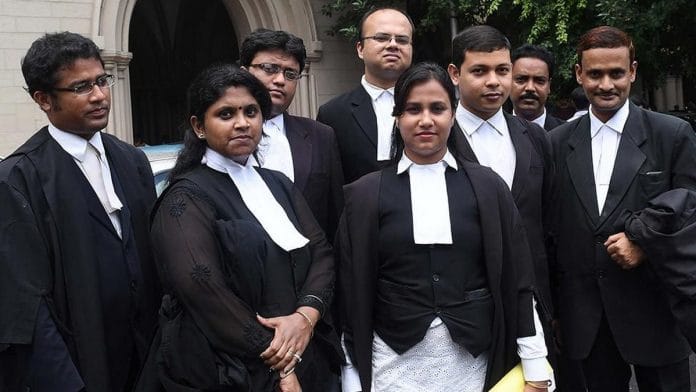New Delhi: Increasing the number of working days may improve the productivity of the Supreme Court and a few high courts, the Economic Survey 2018-19 released Thursday has said.
It, however, said while increasing the number of working days may be beneficial for the apex court and a few high courts, it is unlikely to significantly impact the lower courts, which “seem to work almost as many days as government offices”.
The survey stated the Supreme Court only has 190 working days as compared to an average of 232 working days for high courts and 244 days for subordinate or lower courts.
“…increasing the number of working days may improve productivity of the Supreme Court and in some High Courts, but is unlikely to significantly impact lower courts. Subordinate courts, which account for the bulk of pendency, seem to work almost as many days as government offices,” the survey noted.
According to it, the lower courts account for 87.54 per cent of the pending cases, which can be resolved by filling up 2,279 vacant posts of judges. In case of high courts, pendency of cases can be addressed by filling up 93 vacant posts.
The judiciary has over 3.53 crore pending cases, according to the survey.
Also read: Economic Survey projects optimistic 7% growth although slowdown shows no signs of abating
Bihar, Bengal, UP have more pendency of cases
The survey found Odisha, Bihar, West Bengal, Uttar Pradesh and Gujarat having higher average pendency for both civil and criminal cases as compared to the national average whereas Punjab and Delhi have the least average pendency of cases.
“It may not be a coincidence that the worst performing states are usually (albeit not always) also the poorest,” it stated.
To focus on the administrative aspects of the legal system, the survey also considered suggestions pertaining to establishment of ‘Indian Courts and Tribunal Services’.
Its major roles, the survey said, would be to “(i) provide administrative support functions needed by the judiciary (ii) identify process inefficiencies and advise the judiciary on legal reforms (iii) implement the process re-engineering”.
The survey also found that the “single biggest constraint” to the ease of doing business in India is the inability to enforce contracts and resolve disputes.
It acknowledged that despite several actions to expedite and improve the contract enforcement regime, India has only climbed one rank to 163 from 164 in the latest report of Ease of Doing Business, 2018.







With ref to the enormius backlog of cases ,we are gravely short of judges and that can be rectified and improve the backlog.
Can anyone in you publications explain why court cases in lower courts drag on forever